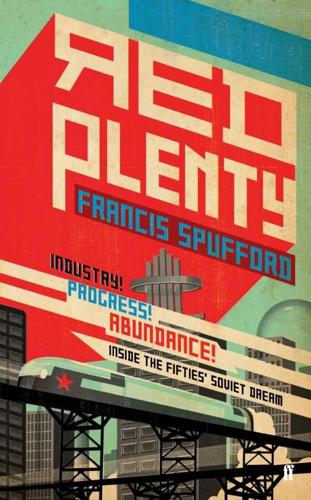
Red Plenty
by
Francis Spufford
Published 1 Jan 2007
Presumably, Emil’s reasonably comfortable family experience under Stalin means that his parents (at least Party middle-rankers, judging by his own sharply upward career trajectory) successfully negotiated the sudden reversal of Soviet ‘nationalities’ policy during the later thirties. For this, see Terry Dean Martin, The Affirmative Action Empire: Nations and Nationalism in the Soviet Union, 1929–1939 (Ithaca NY: Cornell University Press, 2001). For a fabulously dismal description of post-Soviet Kazan, see Daniel Kalder, Lost Cosmonaut: Travels to the Republics That Tourism Forgot (London: Faber, 2006). 11 The title song from the old musical, ‘The Happy-Go-Lucky Guys’: see James von Geldern and Richard Stites, eds, Mass Culture in Soviet Russia. Tales, Poems, Songs, Movies, Plays and Folklore 1917–1953 (Bloomington IN: Slavica, 1995). 12 ‘Did something bad happen here?’
…
Presumably, Emil’s reasonably comfortable family experience under Stalin means that his parents (at least Party middle-rankers, judging by his own sharply upward career trajectory) successfully negotiated the sudden reversal of Soviet ‘nationalities’ policy during the later thirties. For this, see Terry Dean Martin, The Affirmative Action Empire: Nations and Nationalism in the Soviet Union, 1929–1939 (Ithaca NY: Cornell University Press, 2001). For a fabulously dismal description of post-Soviet Kazan, see Daniel Kalder, Lost Cosmonaut: Travels to the Republics That Tourism Forgot (London: Faber, 2006). 11 The title song from the old musical, ‘The Happy-Go-Lucky Guys’: see James von Geldern and Richard Stites, eds, Mass Culture in Soviet Russia. Tales, Poems, Songs, Movies, Plays and Folklore 1917–1953 (Bloomington IN: Slavica, 1995). 12 ‘Did something bad happen here?’
…
Richardson (Evanston IL: Northwestern University Press, 1997) —, Odenoetazhnaya Amerika (‘One-Storey America’), Moscow, 1937; In Little Golden America, translated by Charles Malamuth (New York: Farrar & Rinehart, 1937) Paul R. Josephson, New Atlantis Revisited: Akademgorodok, the Siberian City of Science (Princeton NJ: Princeton University Press, 1997) Tony Judt, Postwar: A History of Europe Since 1945 (London: William Heinemann, 2005) Daniel Kalder, Lost Cosmonaut: Travels to the Republics That Tourism Forgot (London: Faber, 2006) L. V. Kantorovich, The Best Use of Economic Resources, translated by P. F. Knightsfield (Oxford: Pergamon Press, 1965) —, 1975 Nobel Prize autobiography, in Assar Lindbeck, ed., Nobel Lectures, Economics 1969–1980 (Singapore: World Scientific Publishing Co., 1992) V.
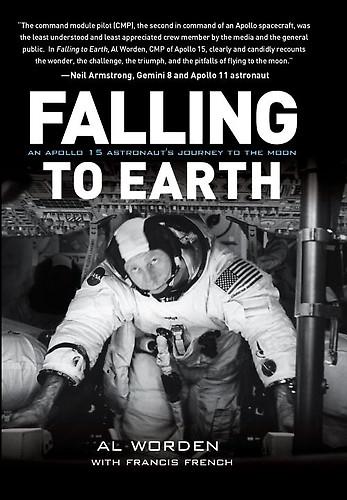
Falling to Earth
by
Al Worden
Published 26 Jul 2011
The Soviets eventually revealed that when the two modules of their Soyuz spacecraft separated before reentry, a pressure valve seal had unexpectedly jolted loose. In less than half a minute, there was not enough air left to survive. That was too short a time to take any action unless they wore protective spacesuits. It was a tragic way to end a successful mission. Just over a month later, Dave Scott would gently place a memorial to the three lost cosmonauts, and all known fallen spacefarers, on the surface of the moon. It was a moving reminder that although we were on opposing sides in the Cold War, we shared a brotherhood of exploration. The Soyuz 11 tragedy also made me think about my colleagues flying in Vietnam. If anything, it made me feel less guilty.
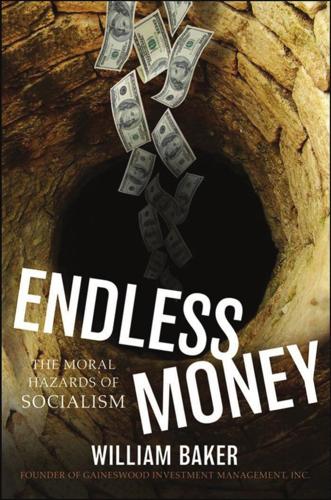
Endless Money: The Moral Hazards of Socialism
by
William Baker
and
Addison Wiggin
Published 2 Nov 2009
These dollars will be circulated soon, but the Treasury bonds and notes needed to be repaid would most certainly crimp taxpayer pocketbooks now or in subsequent generations unless so many were circulated that a great deal of consumer price inflation would result. 132 ENDLESS MONEY What this suggests is that the Fed will tinker with monetization in 2009, but consistently undershoot. Like a space capsule that must time its reentry within seconds and achieve a precise angle of approach into the atmosphere, the Fed must not miss its window of opportunity or it might share the fate of the original “lost cosmonaut,” whose tiny capsule has been sailing away from the Earth at 18,000 mph for the last 45 years; it just kept on going. If it acts with restraint, that is manufacturing a quantity well below total excess debt, borrowing would remain unserviceable with income, triggering a collapse in the money supply.
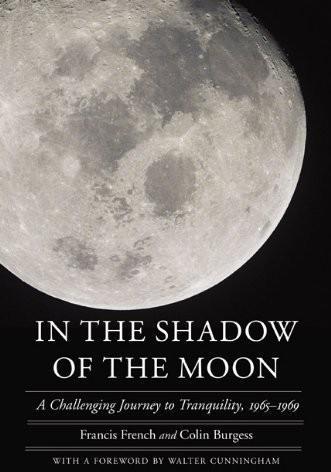
In the Shadow of the Moon: A Challenging Journey to Tranquility, 1965-1969
by
Francis French
,
Colin Burgess
and
Walter Cunningham
Published 1 Jun 2010
It was later rumored that other human remains of the cosmonaut were subsequently found and interred at the impact site. A modest but magnificent obelisk was erected at the very spot where Soyuz 1 came down and cosmonaut Vladimir Komarov lost his life. On 25 April 1968 an emotional memorial was held there for the lost cosmonaut. Over ten thousand people made their way out to the steppe, some driving hundreds of miles to attend. There is little doubt that extreme political pressure caused the loss of an exemplary cosmonaut and his spacecraft. Like the three Apollo astronauts, Komarov knew that he was going to fly a defective spacecraft, but he accepted the risks and never shirked his responsibility in accepting the role of pilot.
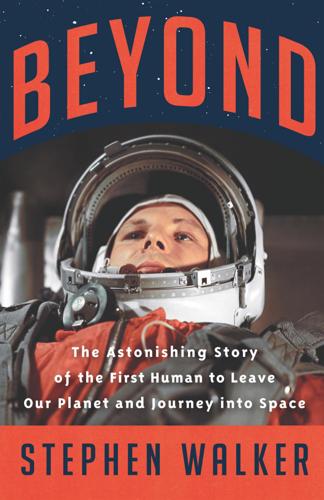
Beyond: The Astonishing Story of the First Human to Leave Our Planet and Journey Into Space
by
Stephen Walker
Published 12 Apr 2021
The brothers announced that they had even picked up the sound of heartbeats and human breathing, sounds which had then abruptly stopped. Their claim was never verified, and nobody else heard anyone breathing up there; but in the end that was beside the point. Whether it was the world’s heaviest satellite, or even these sensational rumours of a lost cosmonaut, the Soviets were still manifestly ahead. Meanwhile NASA’s strange silence about its own immediate plans persisted. On February 8 President Kennedy himself added fuel to the flames of confusion when he was asked in a press conference if he had ordered an acceleration of the American manned space programme – and if he also considered the US to be in a race with the Russians.